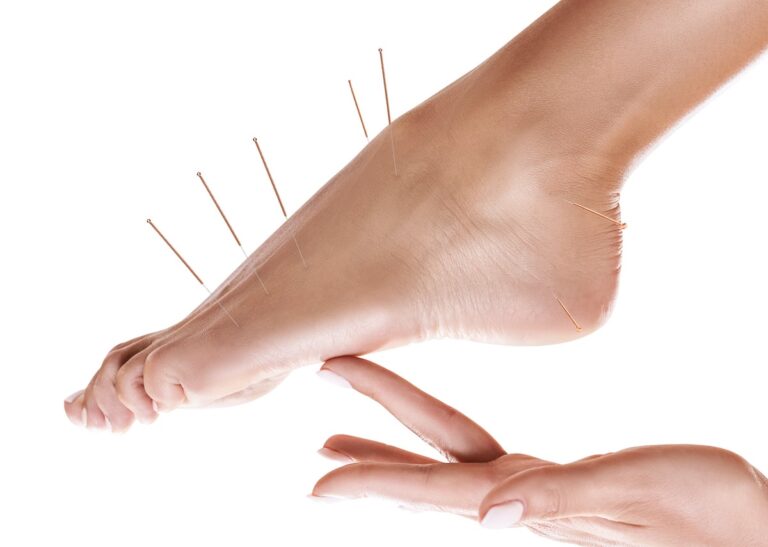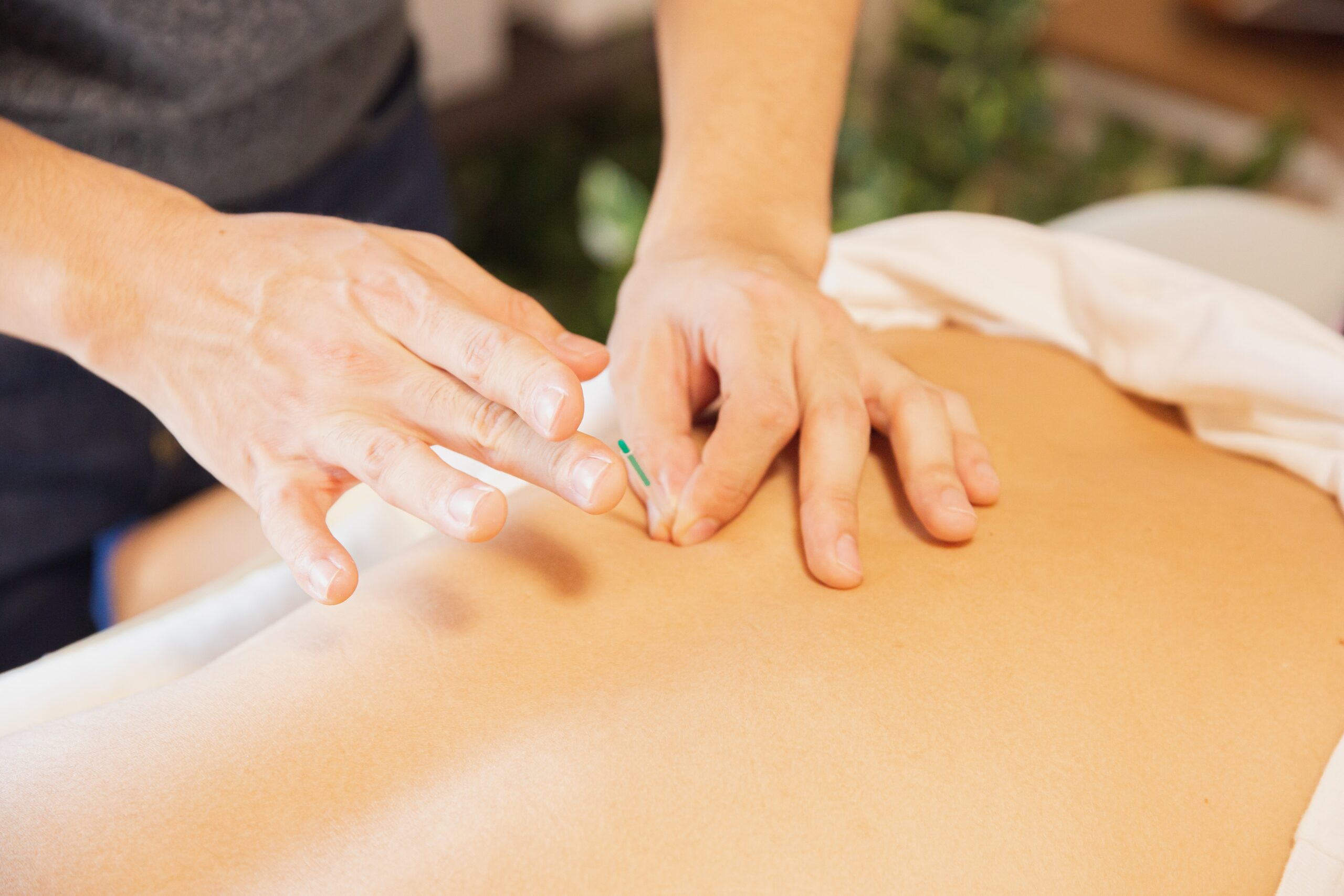The Benefits of Acupuncture for Peripheral Neuropathy

Acupuncture is a component of Traditional Chinese Medicine (TCM) that shows numerous benefits for peripheral neuropathy. Neuropathy can be extremely painful if caused by diabetes, chemotherapy, or other factors. Many neuropathy sufferers fail to find relief in pharmaceutical medications and turn to alternative and natural medicines like acupuncture, transcutaneous electrical nerve stimulation, foot massages, or cannabidiol.
Acupuncture involves the insertion of thin needles through the skin at strategic points to stimulate the body’s healing process. For patients with neuropathy, it helps re-stimulate damaged nerves, regenerate the nerves’ sensitivity, boost blood circulation, and considerably reduce pain.
With few side effects and limited risks, acupuncture may help you fight neuropathy pain where medications have failed. It is at least definitely worth the try. So here’s all you need to know before trying acupuncture for neuropathy!
Table of Contents
What exactly is acupuncture?
Acupuncture is part of Traditional Chinese Medicine and involves the insertion of thin needles through the skin at various strategic points of the body.
According to traditional Chinese medicine, the Qi (pronounced “Chee”) is the energy flow through our body that is responsible for overall health. Diseases and chronic pains are believed to be caused by a disruption of the Qi.
Acupuncture aims to rebalance the Qi by inserting needles to stimulate acupuncture points along the energy-carrying channels of the body called the meridians.
Acupuncture is not yet fully recognized by Western medicine. While its ability to treat illnesses and diseases is controversial, its benefits in reducing and managing chronic pain are much more acknowledged.
According to Western medicine that does not believe in the Qi, acupuncture helps stimulate the nerves, muscles, and connective tissues to boost the body’s natural painkillers (mainly endorphins). It changes the body’s response to pain and can considerably reduce pain sensations.
How does acupuncture help neuropathy?
Chinese medicine has been using acupuncture to treat chronic nerve pain for centuries. Though scientific research from the Western world is still limited, recent studies have shown numerous benefits of acupuncture for neuropathy.
A 2007 clinical trial by S. Schroder from the Heidelberg School of Chinese Medicine in Germany has shown that “acupuncture treatment improves nerve conduction in peripheral neuropathy.” The results were precise: 76% of the patients who received acupuncture therapy reported a decrease in neuropathy symptoms, against 15% only from the control group (patients who received medical care without acupuncture).
In 2017, the Journal of Alternative and Complementary Medicine, a US-based peer-reviewed medical journal, published a Meta-Analysis including 15 studies called Acupuncture for the Treatment of Peripheral Neuropathy. It concludes that while more studies are needed to optimize its use, acupuncture benefits peripheral neuropathy.
Six benefits of acupuncture for neuropathy
Whether caused by diabetes, chemotherapy, or other factors, peripheral neuropathy is a painful condition that manifests itself through several symptoms, including sharp pain, cramps, numbness, burning sensation, tingling, pricking, or others.
Many neuropathy sufferers fail to find relief with pharmaceutical medications and turn to alternative treatments such as acupuncture. Acupuncture therapy offers numerous benefits for peripheral neuropathy, including:
- Reduces the pain
- Re-stimulates damaged nerve fibers
- Prevents nerve fibers from dying off
- Boosts blood circulation
- Stimulates the body’s nerve pathways
- Regenerates the nerves’ sensitivity

Risks of acupuncture treatment for neuropathy
Acupuncture is generally accepted as a safe treatment and has few mild side effects if performed by a certified professional who uses sterile needles. Minor pain, discomfort, or light bleeding can occur at the needle sites. If not performed correctly, the hands could injure an organ or cause an infection if not sterilized.
Warning: peripheral neuropathy is a serious condition that can lead to severe complications. Always ask for your doctor’s advice before starting acupuncture treatment for neuropathy. Acupuncture may be contra-indicated if you have bleeding disorders, heart issues, or are pregnant.
Can acupuncture cause nerve damage?
Nerve damage is rare, but it’s one of acupuncture’s possible complications. The acupuncturist inserts thin needles through your skin over acupuncture points. The acupuncture points lie over muscles, organs, and sometimes over the nerves. If the needle is inserted too deep, at the wrong angle, or if it breaks off, it can damage a nerve. Licensed acupuncturists are trained to avoid this kind of complication.
Does Medicare cover acupuncture for neuropathy?
Acupuncture Vs. Acupressure?